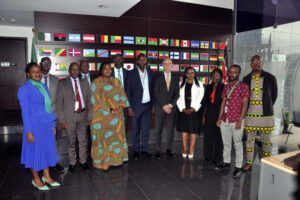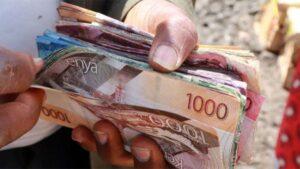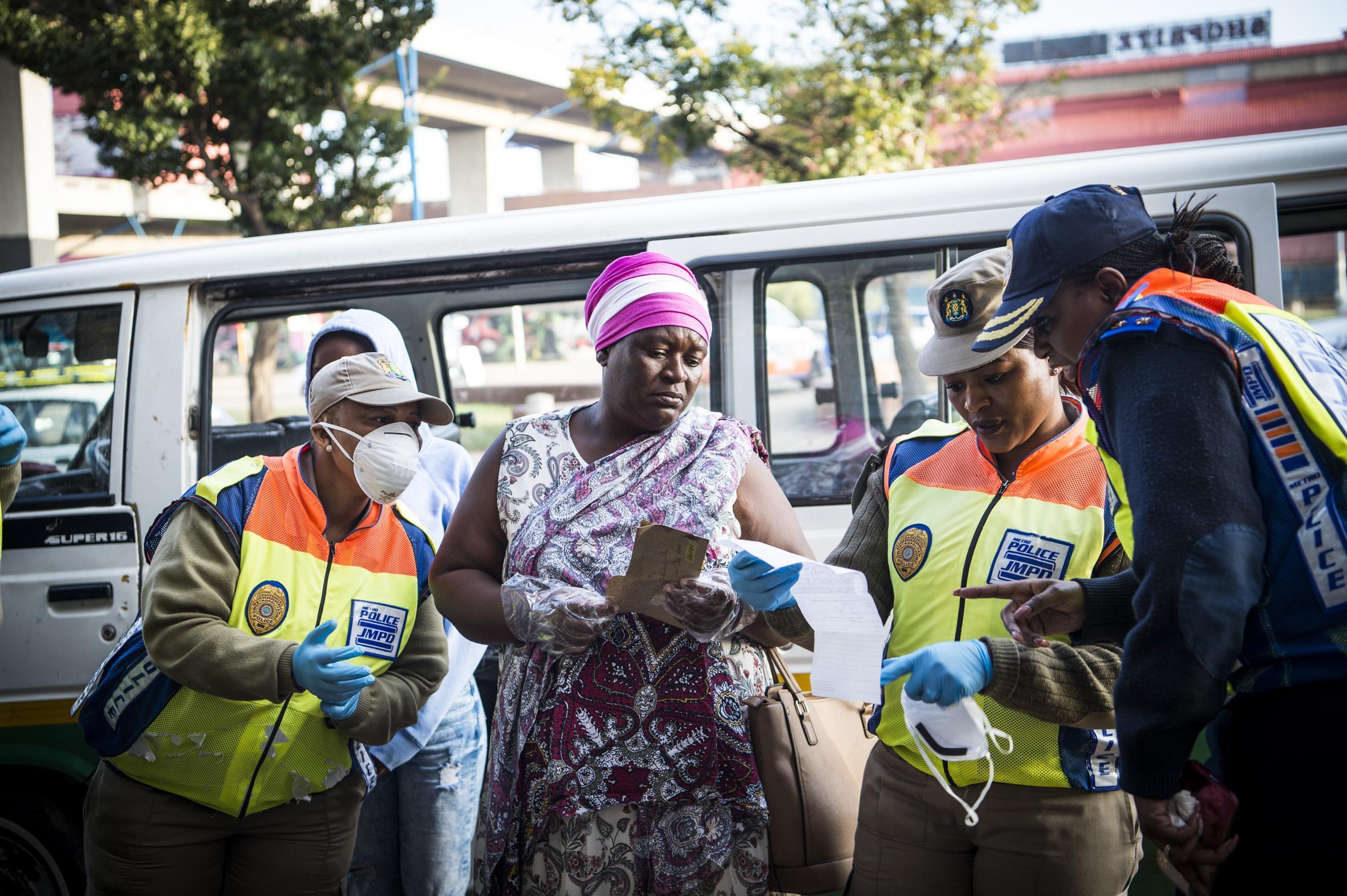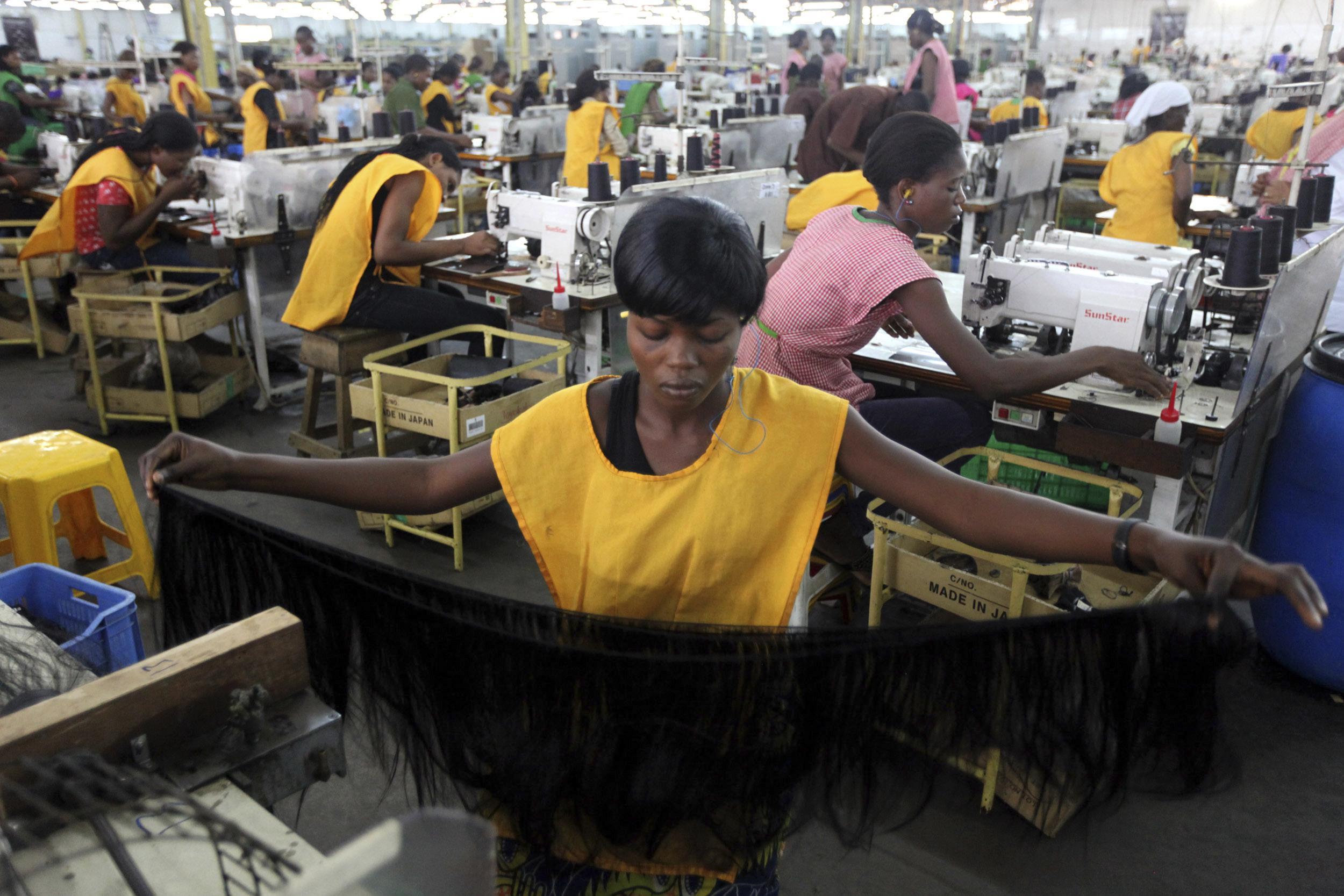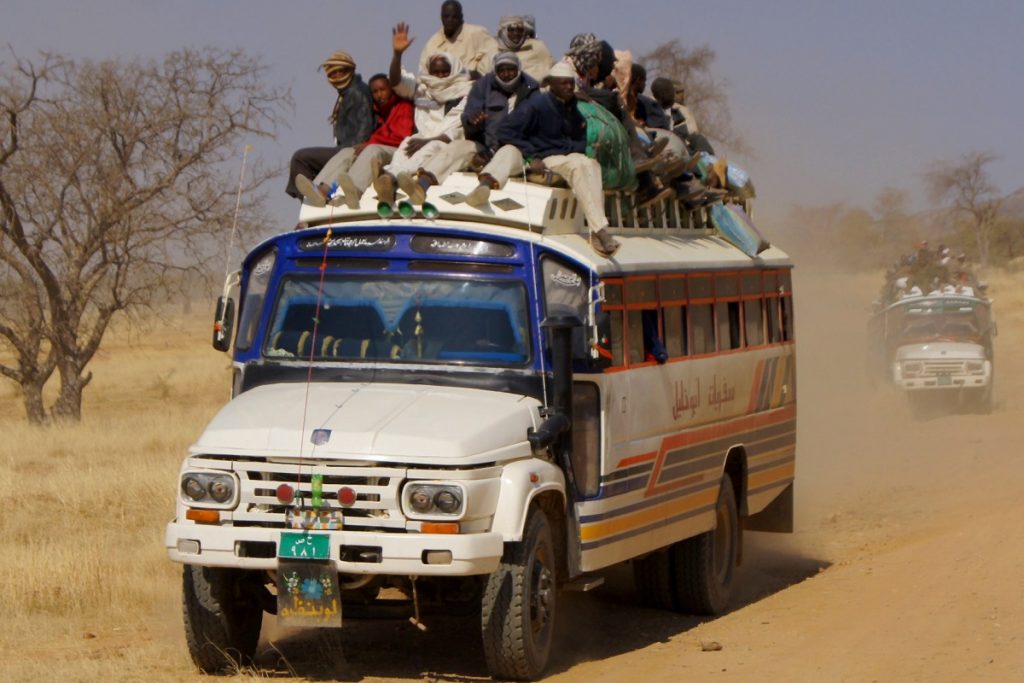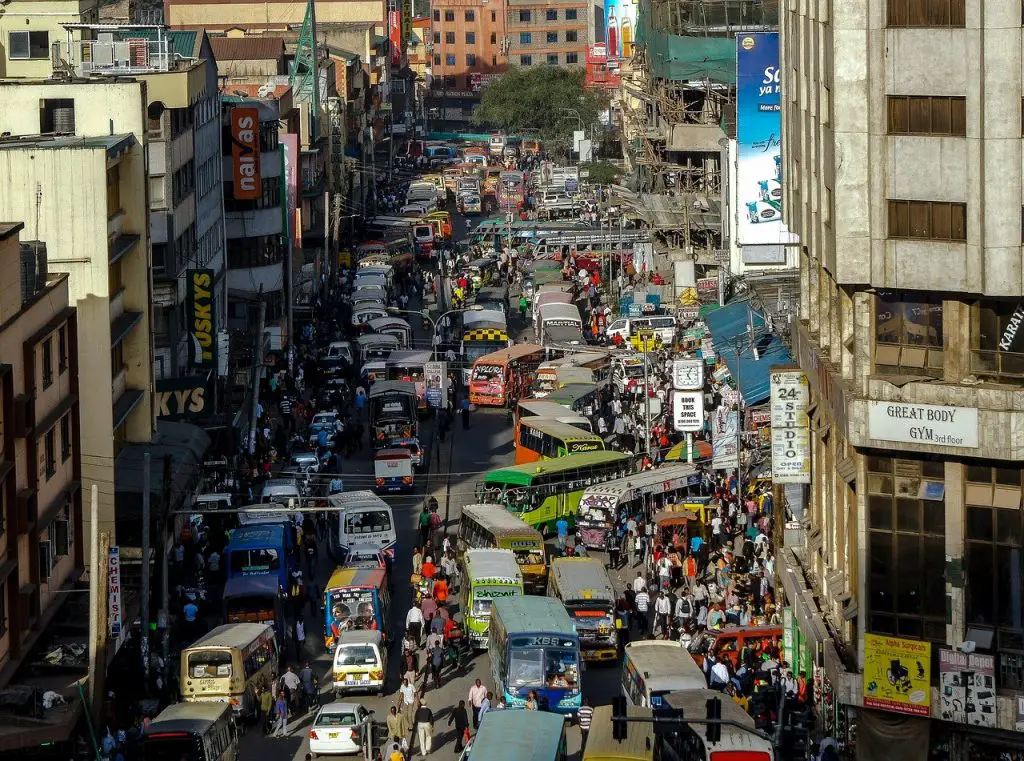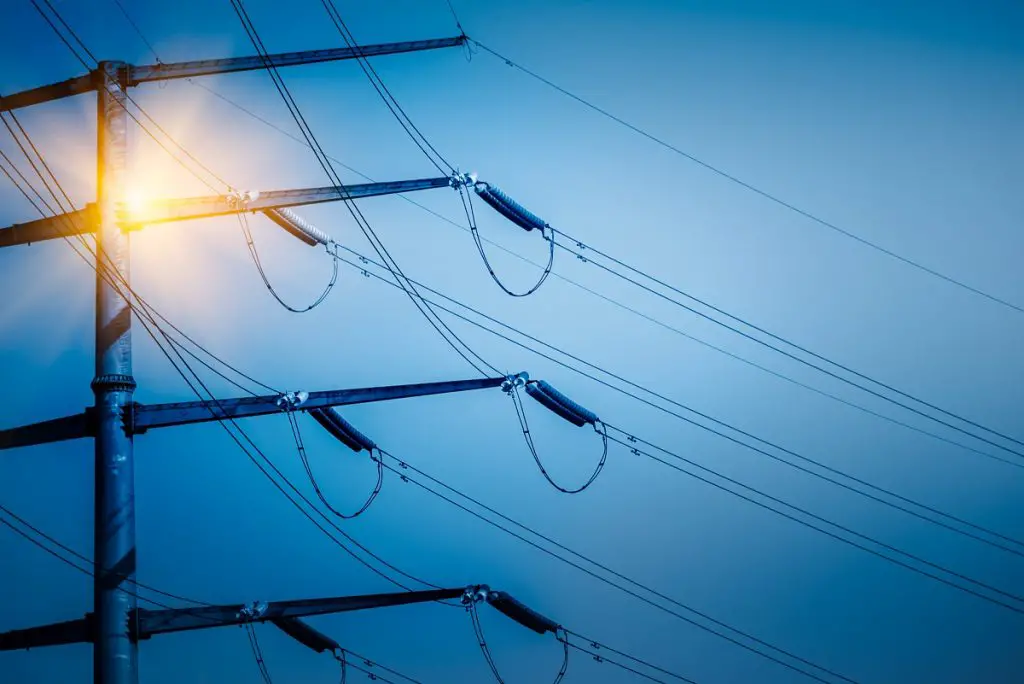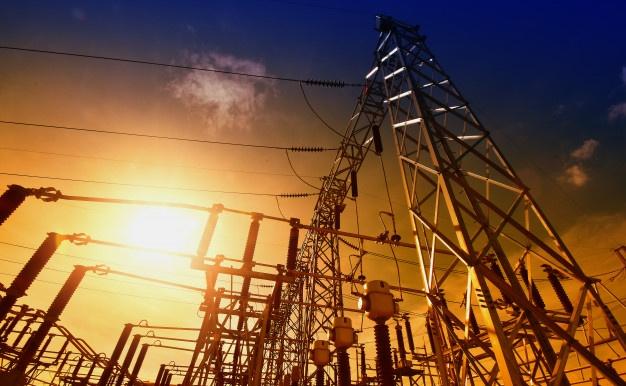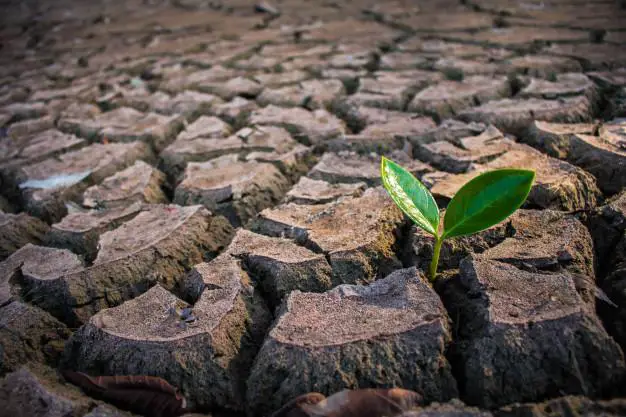- Kenyan Farmers Receive $2M Boost from Africa Fertiliser Financing Mechanism
- Brace for High Interest Rates for a Longer Period World Bank Warns Kenya
- Kenya-Ethiopia Trade Relations: Legislators Advocate for Policy Alignment to Boost Ties
- Visualising the state of debt in Africa 2024
- Abu Dhabi radiates optimism as over 300 startups join AIM Congress 2024
- TLcom Capital Raises $154 million in Funding to Boost Its African Growth
- Africa’s $824Bn debt, resource-backed opaque loans slowing growth — AfDB
- LB Investment brings $1.2 trillion portfolio display to AIM Congress spotlight
Browsing: World Bank
It is with no doubt that the coronavirus pandemic (COVID-19) has caused serious troubles for economies around the world, namely in the developed world. However, addressing the matter in much of the developing world is quite different, as many governments have seen national economic outputs derailed by a few years. The situation is much worse, as its knocked off many African countries from their respective economic trajectories.
The health pandemic brought it’s friends along, as we’ve now witnessed an economic pandemic of sorts. Food crisis, housing crisis and political crisis have been all party to Covid-19, a theme that was explicit in the 2020 Bill and Melinda Gates Goal Keepers report published just last month (September 2020).
The report raised interesting issues to examine attentively. It argued that in just 25 weeks almost 25 years of progress was regressed, particularly on the Sustainable Development Goals and in particular …
Human Capital Horizon matters?
The human population comprises of valuable elements necessary for the development of the modern world. As the world keeps to shake off the remnants of the coronavirus, there are some crucial ideas emerging and compelling vital changes in the way humans work. As stability is being restored, it is important also to rethink how to sustain the human capital value over space and time. The future of work is dependent on how human capital is dispersed globally and how it reacts to what we would call the development of the modern world.
The current global crisis reveals holes in various sections of the workforce, including financial security and health coverage. With respect to Africa, the figures are heightened, and the “holes” as one would look at, in particular the formal employment sector, the numbers are astronomical.
Africa alone has more than 24 million …
The world Bank signed a $400 million grant to Ethiopia for its urban programs and another $80 million to support the completion of projects started during the second phase of Agricultural Growth Program (AGP II).
The $400 million agreement was signed by the Minister of finance Ethiopia Ahmed Shide and Ousmane Dione, World Bank Country Director for Ethiopia, Eritrea, Sudan and South Sudan to support Ethiopia’s urban programs. The programs include job creation and productive safety nets program in Ethiopia’s cities.
During the signing ceremony, the government of Ethiopia said it will also allocate an additional $150 million for the implementation of the program aimed to be executed within five years. 83 cities and towns in Ethiopia will benefit from the programs while also 798,500 people living below the poverty line will benefit from the programs.
The $80 million grant aims at supporting the completion of projects started during the …
The largest movement of African migrants was within Africa where these emigrants also make a very clear contribution to the economy of the country they move into.…
Africa is rising and gradually taking over the helm of economic power. This growth is now evenly spread, as other parts of the continent experience a slower growth pace compared to the rest, albeit recent years point to evidence of uneven growth across the continent’s sub-regions.
The African Development Bank’s (AfDB) economic outlook observed that only a third of Africa’s nations met the inclusive mark—downplaying inequality and poverty across the continent. Inequality and poverty have not been combatted efficiently as that would require deep structural reforms, build resilience for farmers against harsh-weather conditions by providing for smart agricultural schemes and providing fiscal space for expansion of safety nets.
In the same context, the continent’s growth has been forecasted on different levels. The outlook released on January 30, pointed out that Africa’s economic growth had stabilized at 3.4 per cent in 2019 and …
Continent-wide, over 640 million Africans have no access to energy which corresponds to an electricity access rate for African countries at just over 40 per cent. …
As the World shakes off the effects of Covid-19, the global energy sector has a long way to go to recover, but the baby steps have begun.
In his remarks at the 20th Meeting of the Joint Ministerial Monitoring Committee (JMMC), mid last month, the OPEC Secretary General, Mohammad Sanusi Barkindo, underscored the devastating impact of the Covid-19 pandemic and what he described as ‘…its complete disruption of daily life.’
“These monthly meetings of both the JTC and the JMMC send a reassuring message that we are ready, willing and able to address shifting market conditions”, he said during the video conference.
The SG maintained that ‘…the historic actions taken by OPEC and its partners in the DoC have contributed to an improved balance in the oil market compared to the situation in April, however, the JTC and JMMC must remain vigilant in monitoring market conditions.”
While the global …
The World Bank approved $150 million to Rwanda to help improve access to modern energy for households, enterprises and public institutions
The grant will also help enhance the efficiency of electricity services in the country. The grant will be given as $75 million as grant funding and the other $75 million as a loan.
The Rwanda Energy Access and Quality Improvement Project (EAQIP) is aiming to improve the country’s progress towards achieving UN Sustainable Development Goal 7 (SDG7) to ensure access to affordable, sustainable, reliable and modern energy for the county’s citizens.
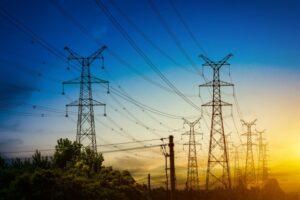
It also aims at contributing to Rwanda’s vision of reducing reliance on cooking fuel by 50 per cent.
“The proposed project is well-timed to build on the World Bank’s decade-long support to the Government’s energy sector agenda. It will contribute directly to Rwanda’s push toward universal energy access by 2024 and universal access to clean cooking by 2030”, …
The World Bank has unveiled a detailed roadmap aimed at helping countries in sub-Saharan Africa to address climate change and poverty.
The plan is titled the Next Generation Africa Climate Business Plan (NG-ACBP).
According to the World Bank’s plan, it urges countries to seize the opportunity to scale-up climate resilience to redouble efforts to increase energy access, grow their economies and reduce poverty and take advantage of sustainable and innovative approaches to leapfrog into greener development pathways.
As part of the plan over the next six years, the World Bank will focus on five key areas namely clean energy, food security, green and resilient cities, environmental stability and climate shocks.
The bank aims to expand integrated landscape management over 60 million hectares in 20 countries, train 10 million farmers on climate-smart agricultural approaches, increase renewable energy generation capacity from 28GW to 38GW so as to increase access to clean electricity …
The World Bank board of directors approved a $104 million in support of skills development programmes for youths in Mozambique.
The grant came from the bank’s International Development Association (IDA) and will invest in Technical Vocational Education and Training (TVET) and Higher Education (HE) subsystems.
In response to Mozambique’s priorities and economic sectors, the project seeks to improve quality and access of educational curriculums and skills development training.
The project is targeting to help increase access to quality education and training at the institutions in priority areas relevant to future economic development, focusing on engineering, science, technology, mathematics and climate change.
“Empowering its youth by developing higher-level skills through quality post-secondary education, while working on policies to incentivise the creation of jobs linked to modern productive systems, are among the most important challenges facing the country if it’s to reap the benefits of its demographic dividend,” noted Idah Z. Pswarayi-Riddihough, …
